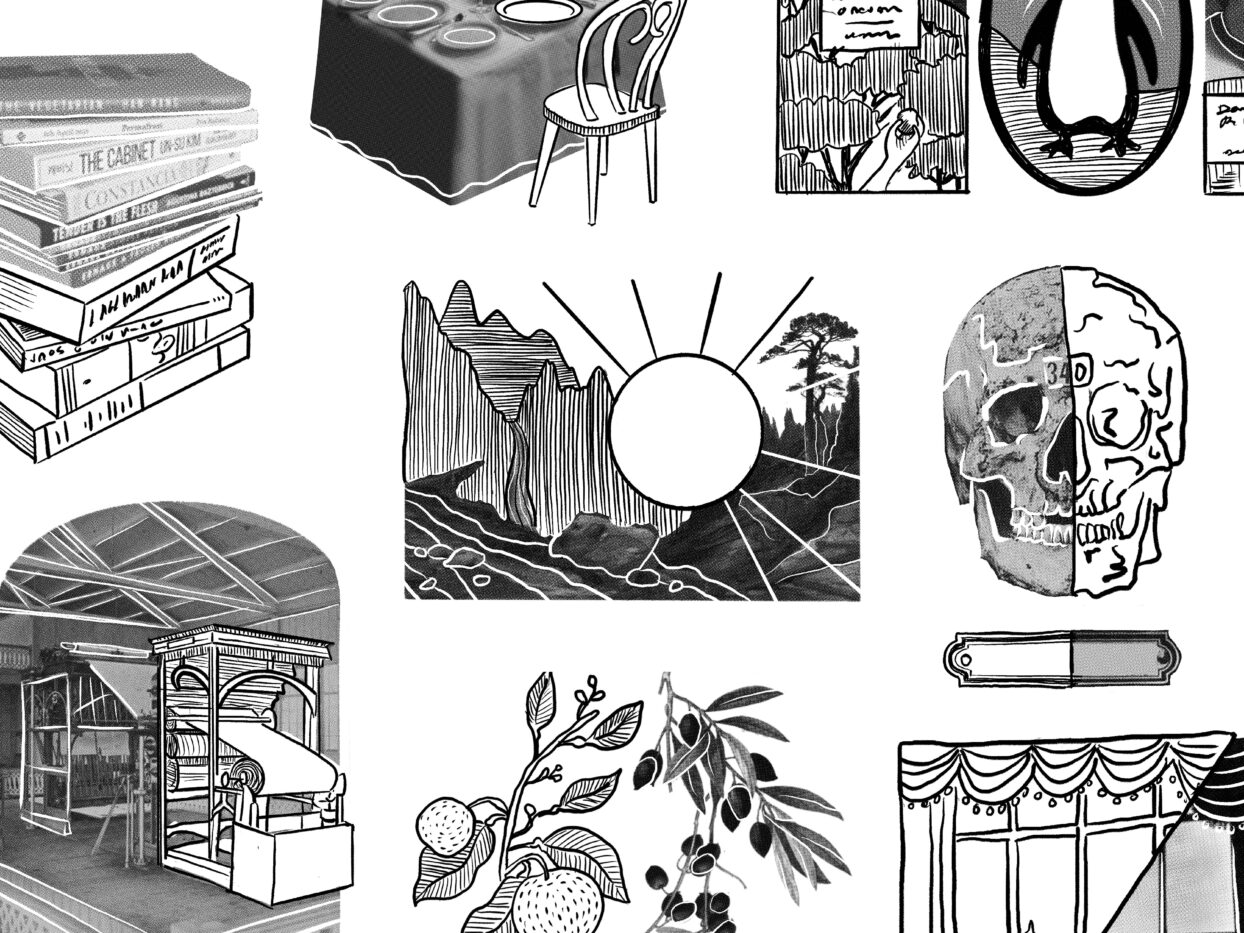
Image by Ivy Sanders Schneider

Image by Ivy Sanders Schneider
For too long, the American publishing industry has faced inward, bringing English-language writers to English-language readers, and sequestering everything outside the Anglosphere into a single, vague category of “world literature.” In 2007, only three percent of books put out in the U.S. were translations, and this sliver hardly offered a truly global tour: according to a study of translated titles published between 2008 and 2020, 45 percent were originally written in French, Spanish, or German.
But the narrow world of translation has been expanding its reach. Sales of translated fiction grew by over twenty percent between 2021 and 2022, primarily driven by readers 35 and younger. Small presses and periodicals like Words Without Borders, Arkansas International, Alma, and Asymptote — to name just a few — bring their audiences work from all over, and translators’ names, once buried in fine print, increasingly appear on book covers. When the New York Times published its “100 Best Books of the 21st Century” roundup this summer, thirteen of its recommendations were translations — not a huge number, but a sign that mainstream reading habits are changing. At the very top of the list sat an Italian author read in dozens of languages around the globe: Elena Ferrante.
As “world literature” is joined by the voguish label of “literature in translation,” it’s worth asking where exactly the trend is headed. In the domestic marketplace, foreign writers still seem burdened with the responsibility of broadening readers’ horizons and building their empathy — assuaging guilty American readers while also, of course, entertaining them. For Issue Fourteen, we convened translators, scholars, critics, and novelists to survey the landscape of publishing in translation — past, present, and future. What’s changed since 2007, and what hasn’t? What are writers and readers doing, and what should they be doing, to challenge or transcend Anglocentric literary culture?